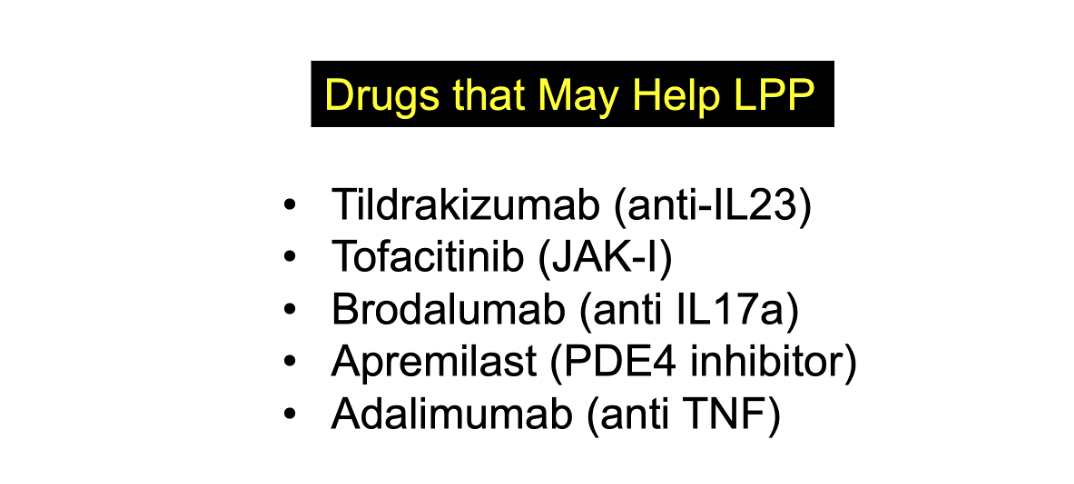The Exciting World of Targeted Therapies: How does it relate to Lichen Planopilaris?
New Drugs Offer hope in Treating LPP but Some May Trigger the Disease as Well
Targeted therapies are all the excitement in modern medicine. This refers to treatments that target a specific pathway inside cells rather than act on many non-specific pathways at the same time. Targeted therapies first became part of the field of cancer treatment as researchers found more and more specific treatments to kill cancer cells. But nowadays, targeted treatments are very much a part of every field of medicine. Drugs are now available that enhance or shut down very specific molecular pathways inside cells.
It’s a truly exciting world to be living in. In many fields of medicine, there are new drugs that are revolutionizing how some diseases get treated. What’s equally surprising is that some of these new “targeted” drugs have far fewer side effects than any of the prior drug treatments that came before.
Whenever a targeted therapy comes out in one field of medicine, researchers and clinicians in other fields of medicine ask the question ….. “Hey I wonder if that drug could have any use in the diseases I treat in my clinic?” Sometimes they do and sometimes they don’t.
Consider as an example the use of drugs known ass JAK inhibitors. Tofacitinib was approved first for the autoimmune joint disease known as rheumatoid arthritis. Then, hair doctors who treat the autoimmune disease alopecia areata starting asking “I wonder if this drug could help my patients with alopecia areata?” Sure enough it did and the entire field of alopecia areata was flipped in a new and exciting direction that has never looked back since. The field of alopecia areata research and treatment has truly never been the same. Now, other hair diseases are also being studied for whether or not tofacitinib and JAK inhibitors might work. Examples include studies of JAK inhibitors in frontal fibrosing alopecia, lichen planopilaris and folliculitis decalvans.
Some of the new drugs that are entering the world unfortunately also cause side effects. Sometimes those side effects include various types of hair loss.
Below is a list of some of the brand new “targeted” therapies that have been introduced to the world in recent years that might have a side effect of causing the scarring alopecia lichen planopilaris in rare cases and a list of drugs that are being studied that potentially someday might help treat lichen planopilaris.
This article was written by Dr. Jeff Donovan, a Canadian and US board certified dermatologist specializing exclusively in hair loss.


